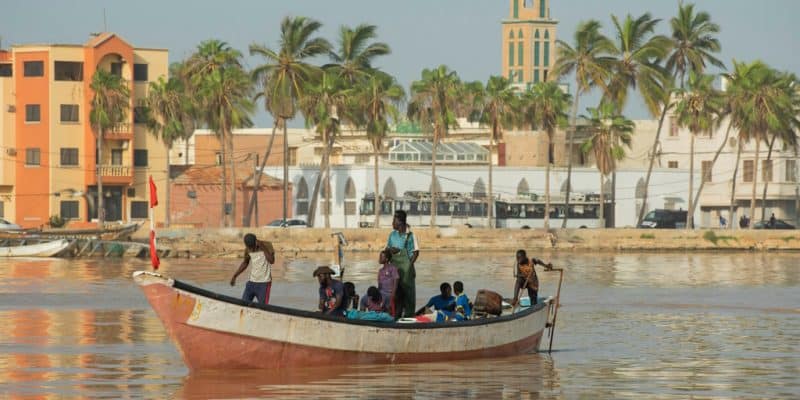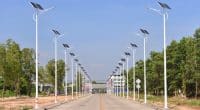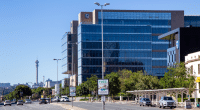Demographic growth has never been so strong, particularly in the intermediate towns of West Africa. Kayes in Mali, Kaédi in Mauritania and Bakel in Senegal are at the forefront of this urban transition, which is changing the way in which areas are organised and people are managed. Access to services, infrastructure, food, jobs, governance... there are many challenges to be met, against a backdrop of intense pressure on resources, the need to adapt to climate change, and growing social and security tensions. Faced with these multifaceted challenges, the GRDR Migrations-Citoyenneté-Développement, an international association, is organising the Forum "Quelles trajectoires pour les villes du Fleuve Sénégal? A look at Kayes, Kaédi and Bakel". The historic city at the mouth of the river, Saint-Louis, will be hosting the event, which aims to share experiences on the sustainable growth of cities in the making.
What trajectories for the cities of the Senegal River? This question will certainly be answered at a Forum organised from 12 to 14 December by the GRDR Migrations-Citoyenneté-Développement “which has been working for 50 years on the double space of migration in West Africa, North Africa and Europe” and its partners in the territories. This is part of their Maîtrise et adaptation des villes intermédiaires au Sahel (Mavil Programme), launched in 2021. The meeting is being held in the historic city of Saint-Louis, 264 kilometres north of Dakar.
The challenges of urban transition in West Africa, and more specifically sustainable development in the municipalities of Kayes in Mali, Kaédi in Mauritania and Bakel in Senegal, will be examined. Firstly, to look at the demographic growth in these border areas. For example, the Malian town of Kayes has grown from 80,000 inhabitants in 2005 to 127,000 in 2009 and 150,000 in 2021. This situation is exacerbating needs in terms of housing, access to water and sanitation services, food security and even mobility and transport infrastructure.
To explore the dynamics of this urbanisation and avenues for resilience, more than seventy players from these cities (residents, researchers, experts, elected representatives, practitioners) will be meeting over the three days. They include elected representatives from local authorities in the middle Senegal River valley, as well as representatives of the diaspora through the Coordination des Associations de Développement de la Région de Kayes or Répat Africa, figures from Senegalese, Malian and Mauritanian civil society, entrepreneurs, young people active in transforming their territories, as well as the Organisation de mise en valeur du fleuve Sénégal (OMVS), UN-Habitat, the French Development Agency (AFD) and the French Embassy, among others.
Read also-AFRICA: Mayors meet in Abidjan to call for more climate
The Mavil forum will open on the first evening with the inauguration of a photographic exhibition open to the general public, to be held in Saint Louis from 12 to 26 December (Quai Roume, Espace Kawsara). “The aim of the exhibition is to capture and illustrate the dynamics and mechanisms of urban transition in the Sahel as they emerged during an original participatory and forward-looking diagnostic process. By following the meanders of the Senegal River and wandering through the backstreets and wastelands of Kayes, Bakel and Kaédi, the viewer is invited to share in the daily life of the people who live along its banks, the actors and witnesses of territories in movement, and to question their future with them”, says the Mavil programme coordinator.
Benoit-Ivan Wansi







